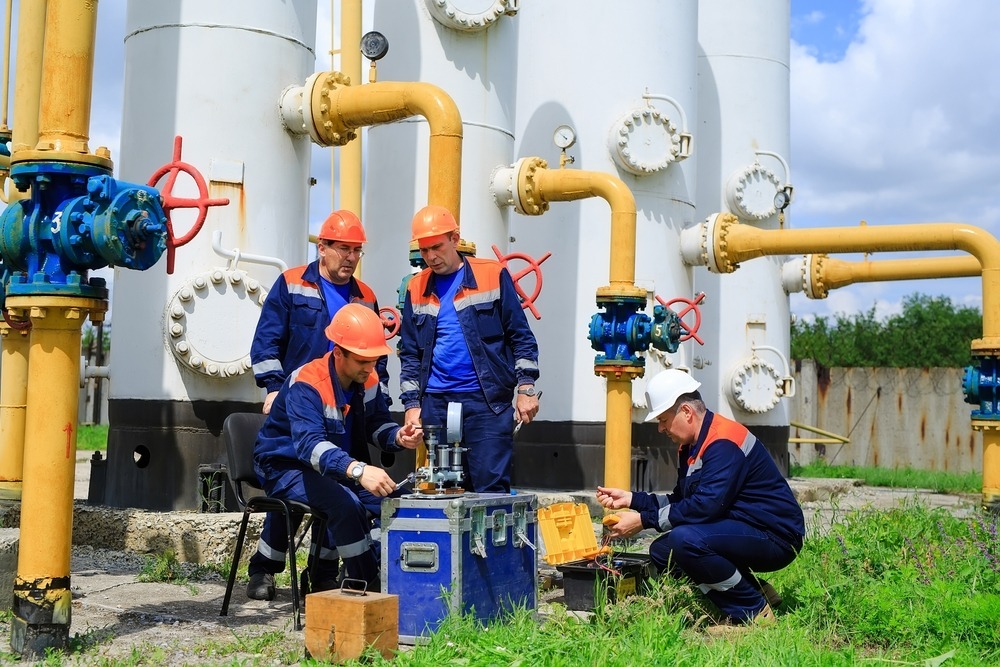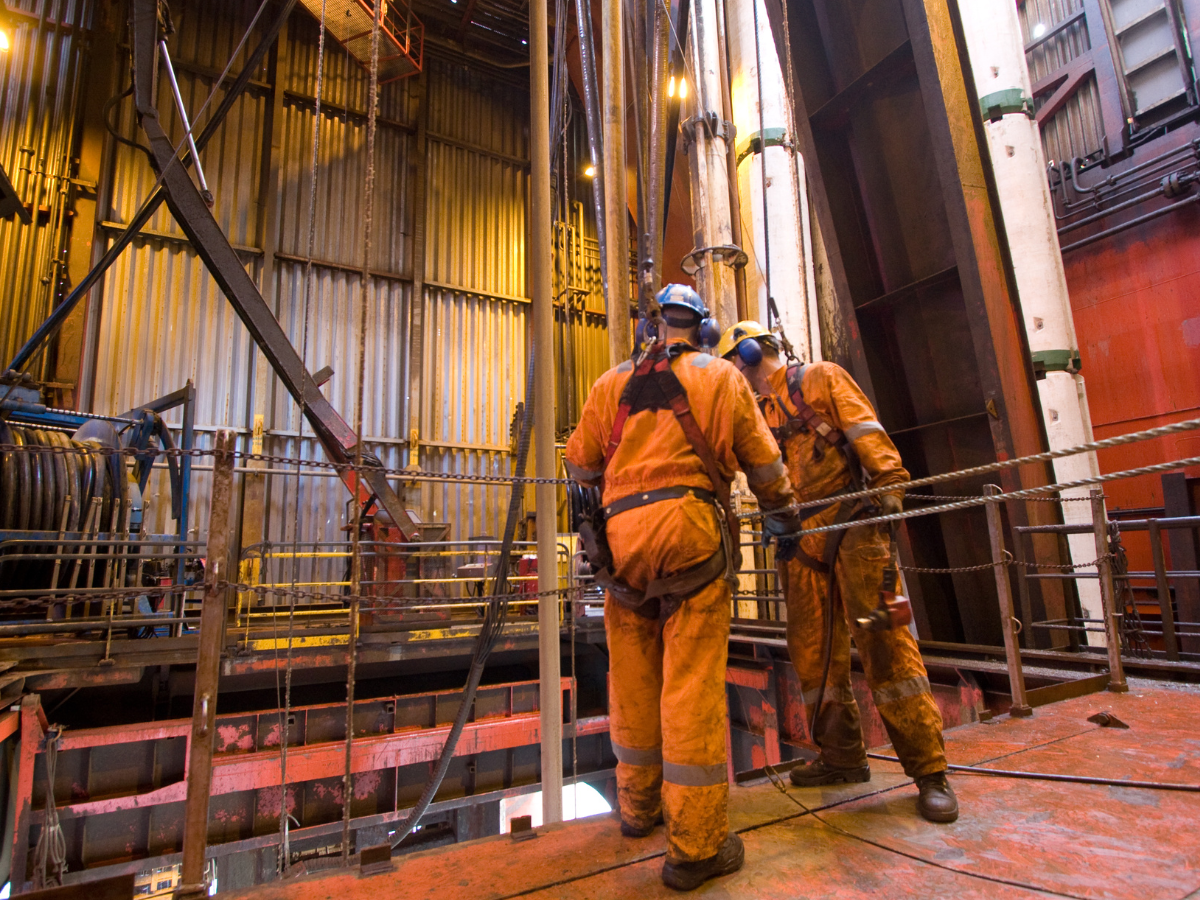Oilfield accident lawyers play a critical role in ensuring the rights of workers injured in these hazardous workplaces. Understanding the legal framework, best practices, and case studies surrounding oilfield accidents is crucial for both legal professionals and individuals seeking compensation.
This comprehensive guide delves into the complexities of oilfield accidents, providing insights into the legal remedies available to victims and the specialized expertise required of oilfield accident lawyers.
Oilfield Accident Overview
Oilfield accidents are a major concern for the oil and gas industry. These accidents can cause serious injuries or even death to workers, and they can also result in significant property damage.The causes of oilfield accidents are varied, but some of the most common include:
- Equipment failure
- Human error
- Natural disasters
- Acts of violence
Oilfield workers face a number of unique challenges that increase their risk of being involved in an accident. These challenges include:
- Working in remote locations
- Working with heavy machinery
- Working in hazardous conditions
Frequency and Severity of Oilfield Accidents
Oilfield accidents are a relatively common occurrence. According to the Bureau of Labor Statistics, there were over 4,000 nonfatal oilfield injuries and illnesses in 2020. Of these, over 1,000 resulted in lost workdays.The severity of oilfield accidents can vary widely.
Some accidents result in minor injuries, while others can result in serious injuries or even death.
Unique Challenges Faced by Oilfield Workers
Oilfield workers face a number of unique challenges that increase their risk of being involved in an accident. These challenges include:
Working in remote locations
Oilfield workers often work in remote locations, which can make it difficult to get help in the event of an accident.
Working with heavy machinery
Oilfield workers often work with heavy machinery, which can be dangerous if not operated properly.
Working in hazardous conditions
Oilfield workers often work in hazardous conditions, such as around flammable materials or in confined spaces.
Legal Framework for Oilfield Accidents
The legal framework governing oilfield accidents is a complex and evolving body of law. It encompasses a variety of federal and state statutes, regulations, and common law doctrines.
One of the most important legal concepts in oilfield accident cases is negligence. Negligence is the failure to exercise reasonable care, and it can be either intentional or unintentional. In order to prove negligence, a plaintiff must show that the defendant owed them a duty of care, that the defendant breached that duty, that the breach of duty caused the plaintiff’s injuries, and that the plaintiff suffered damages as a result of the injuries.
In oilfield accident cases, the duty of care owed by the defendant will vary depending on the specific circumstances of the case. However, in general, oilfield operators have a duty to take reasonable steps to protect their employees and others from harm.
This includes providing proper training and equipment, maintaining a safe work environment, and following all applicable safety regulations.
If a plaintiff is able to prove that the defendant was negligent, they may be entitled to recover damages for their injuries. Damages can include compensation for medical expenses, lost wages, pain and suffering, and other economic and non-economic losses.
In addition to negligence, there are a number of other legal theories that may be applicable to oilfield accident cases. These include breach of contract, strict liability, and product liability.
Legal Remedies Available to Victims of Oilfield Accidents
The legal remedies available to victims of oilfield accidents vary depending on the specific circumstances of the case. However, some of the most common remedies include:
- Damages: As discussed above, damages can compensate victims for their injuries and losses.
- Injunctions: An injunction is a court order that requires the defendant to do or refrain from doing something. In oilfield accident cases, injunctions may be used to prevent the defendant from continuing to operate in a dangerous manner or to require them to take steps to clean up pollution.
- Criminal charges: In some cases, oilfield accidents may result in criminal charges being filed against the defendant. Criminal charges can be brought by the government and may result in fines, imprisonment, or both.
Role of Oilfield Accident Lawyers

Oilfield accident lawyers play a critical role in representing victims of oilfield accidents and ensuring they receive fair compensation for their injuries. These lawyers possess specialized knowledge and skills that are essential for navigating the complex legal landscape surrounding oilfield accidents.
Oilfield accident lawyers typically have a deep understanding of the oil and gas industry, including the specific hazards and risks associated with oilfield operations. They are also well-versed in the legal framework governing oilfield accidents, including the various statutes and regulations that may apply.
Expertise and Skills
- In-depth knowledge of the oil and gas industry
- Understanding of the specific hazards and risks associated with oilfield operations
- Expertise in the legal framework governing oilfield accidents
- Strong negotiation and litigation skills
- Ability to effectively communicate with clients and experts
How Oilfield Accident Lawyers Assist Clients
- Investigating the accident to determine the cause and identify responsible parties
- Filing claims and lawsuits on behalf of their clients
- Negotiating settlements with insurance companies and other parties
- Representing clients in court if necessary
- Ensuring that their clients receive fair compensation for their injuries
Case Studies of Oilfield Accidents: Oilfield Accident Lawyer

Oilfield accidents can have devastating consequences, both for the individuals involved and for the industry as a whole. By examining case studies of significant oilfield accidents, we can learn from the mistakes of the past and work to prevent similar tragedies from happening in the future.
One of the most well-known oilfield accidents in recent history is the Deepwater Horizon explosion, which occurred in 2010. The explosion killed 11 workers and caused an oil spill that lasted for months, devastating the Gulf of Mexico ecosystem. The accident was caused by a series of failures, including a faulty blowout preventer and a lack of proper safety procedures.
Lessons Learned from Case Studies
- The importance of proper safety procedures and training
- The need for effective blowout preventers and other safety equipment
- The importance of environmental protection measures
- The need for a strong regulatory framework
Best Practices for Preventing Oilfield Accidents

Preventing oilfield accidents requires a comprehensive approach that addresses safety regulations, training, equipment maintenance, and fostering a culture of safety within the industry.
Safety Regulations
Adhering to industry-established safety regulations is paramount. These regulations provide guidelines for safe work practices, equipment operation, and emergency response protocols. Regular audits and inspections ensure compliance with these regulations.
Training
Comprehensive training programs educate workers on potential hazards, safe work practices, and emergency procedures. Training should be tailored to specific job roles and updated regularly to reflect industry best practices and technological advancements.
Equipment Maintenance
Regular maintenance and inspection of equipment is crucial for preventing accidents. Preventive maintenance schedules, thorough inspections, and prompt repairs minimize the risk of equipment failures and ensure safe operation.
Culture of Safety, Oilfield accident lawyer
Fostering a culture of safety requires a commitment from all levels of the organization. This includes promoting open communication, encouraging hazard reporting, and rewarding safe behaviors. Leadership should set a positive example by prioritizing safety in all decision-making.
Final Wrap-Up

In conclusion, oilfield accident lawyers serve as invaluable advocates for injured workers, navigating the legal complexities and maximizing compensation. By raising awareness of best practices and sharing case studies, we can contribute to a safer work environment in the oilfield industry.